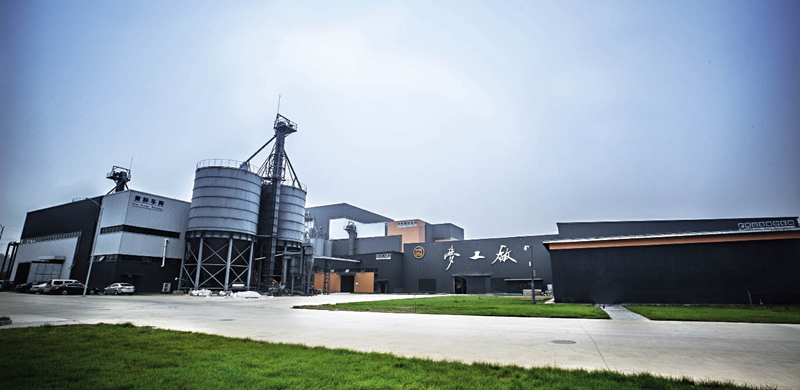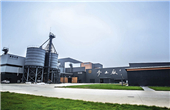Transfrom Construction Waste into Resources
China Today by Dang Xiaofei, October 13, 2016 Adjust font size:
From Waste to Treasure
The “miracle” of feeding in fragmented bricks and concrete blocks and spitting out construction aggregate occurs every day in Beijing Yuantaida Environmental Protection Technology Co., Ltd.

Yuantaida, the first company in Beijing to engage in construction waste recycling and processing.
This is the first company in the capital to engage in construction waste recycling and processing. It produces a wide range of renewable products, including cement concrete, asphalt concrete, inorganic and ecological road materials for building mortar roads, sand and gravel aggregates, micronized active (cement replacement) building ceramsites, clean fuel gas, charcoal and fire accelerants, biological pesticides, and soil conditioners.
When I visited the factory, I could hardly believe the transfiguration I saw from garbage to city sculptures, benches and other park facilities. But seeing is believing.
Chief Technology Officer Wang Gongsheng explained that waste will be processed in three stages – accurate separation and sorting; crushing, grading and reshaping; and dealing with the processed aggregates and powder materials. All this will eventually be formed into recycled high-performance concrete, ecological inorganic materials, composite materials for road construction, and recycled mortar.
Scrap metals can be melted down and made into a variety of steel products. Waste wood, bamboo and sawdust can be used to make artificial boards. Broken bricks and concrete blocks, after being crushed, can substitute for sand on construction sites or be made directly into blocks. Particularly noteworthy is that the renewable powder made from construction garbage can be used as a main material for 3D printing constructions.
“Recycled products will undergo several radioactive, corrosive, and environmental influence tests before rolling into the market,” Project Manager Wu Sheng said. He added that recycled products are no different from common products as long as they conform to national standards, and, under equivalent conditions, have a pricing advantage.

